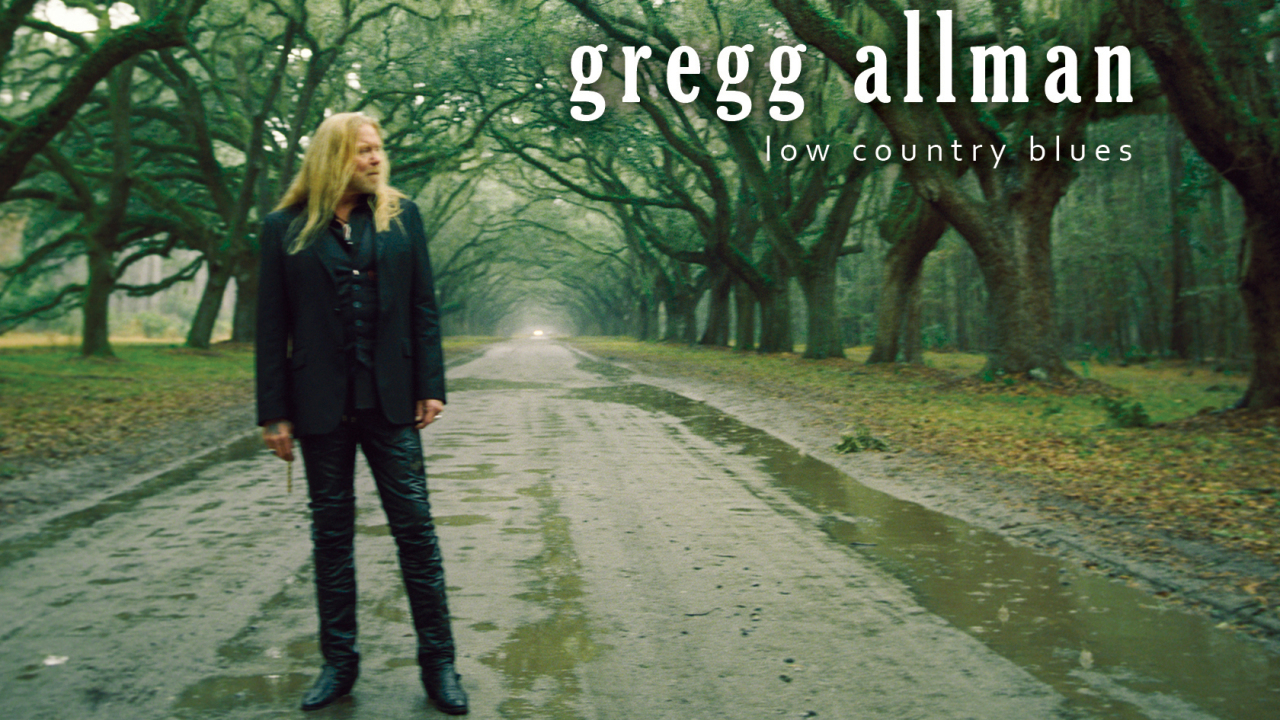Lord knows it’s a crowded field, but few rock stars deserve the epithet Grizzled Old Survivor more than Gregg Allman. You name it, he’s probaby done it.
This is a man who, lest we forget, once hoovered up drugs like he did wives (six marriages to date, including a high-profile one to Cher), became seriously addicted to heroin, and knocked back the booze in a manner that would make Georgie Best look like a member of the Temperance Society. It’s a lifestyle that’s inevitably caught up with him of late, having been diagnosed with chronic hepatitis C a few years back.
Indeed Low Country Blues – Allman’s first solo record since 1997’s Searching For Simplicity – almost became a casualty itself when it was delayed due to the small matter of him requiring a liver transplant in June 2010. Mercifully, both Allman and album emerged intact. A fine piece of work it is too, as it turns out. The record was produced by T Bone Burnett – go-to guy for all things rootsy-tootin’ these days, it seems, from Plant & Krauss to Elton & Leon – and is expertly fleshed out by Dr. John on piano, ace guitarist Doyle Bramhall II and a crack rhythm section of Dennis Crouch and Jay Bellerose.
Also worthy of mention is a great brass section, led by veteran trumpeter Darrell Leonard, who used to play alongside Allman’s late brother Duane at the dawn of the 70s. In the modern tradition of reinterpreting some old standards and ferreting out some lesser-known ones, it’s an album that earns its corn through deft ensemble playing and Allman’s wonderfully intuitive vocals. It’s easy to forget – 40 years have gone by since the Allman Brothers’ stupefying live album At Fillmore East, a record that pretty much invented what we understand to be ‘southern rock’ – just what a terrific singer he is.
Duane and fellow guitarist Dicky Betts may have been their jam-heavy focal point, but it was Gregg who gave the band its swampy southern voice and humid country accents. It’s something he brings to bear here on a telling version of Skip James’s Devil Got My Woman, which is all the more powerful for its sensitive restraint. And it takes both skill and instinct to transform Muddy Waters’s I Can’t Be Satisfied from an out-and-out blues song into a light-but-loose soul-stirrer.
Yes, a tiny handful of these tunes sound like perfunctory 12-bar retreads, but for the most part this album is a hugely enjoyable and invigorating return.

